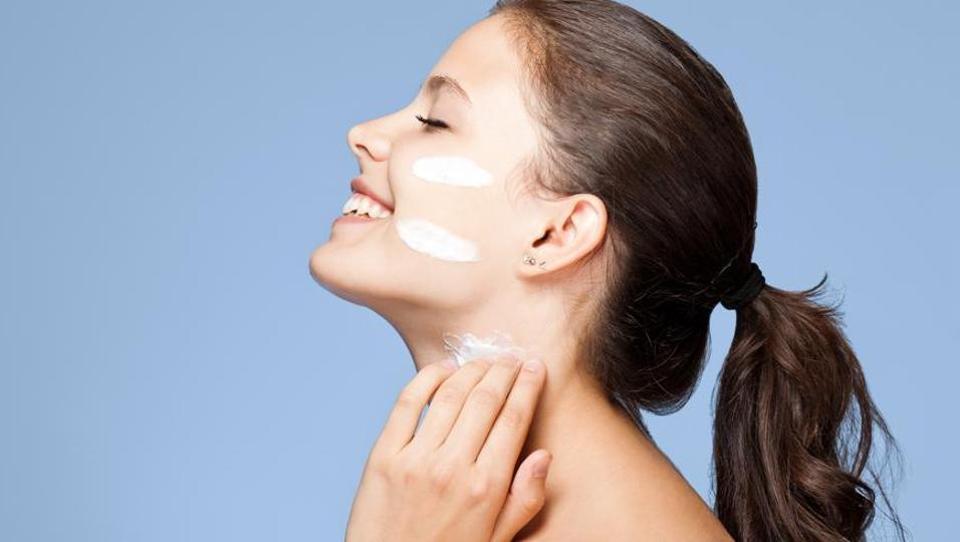In a world where information is readily accessible, it’s easy to fall victim to skincare myths that can potentially harm your skin rather than help it. With an overwhelming number of products, tips, and tricks circulating online and in magazines, it’s crucial to separate fact from fiction to achieve the best skincare results. In this article, we’ll debunk common skincare myths and provide you with evidence-based insights on what truly works and what to avoid.
Myth 1: Natural Ingredients Are Always Better
One prevalent misconception is that natural ingredients are inherently better for your skin. While some natural ingredients can be beneficial, it’s essential to remember that not all natural substances are safe or effective. Additionally, synthetic ingredients can sometimes offer more consistent and targeted results due to their controlled formulation. Rather than focusing solely on whether an ingredient is natural or synthetic, prioritize looking for products with well-researched and proven active components, regardless of their origin.
Myth 2: Pores Can Open and Close
You might have heard that hot water opens your pores while cold water closes them. However, pores don’t have muscles to contract or expand. What you’re feeling when you splash your face with cold water is the tightening of your skin, not your pores closing. To effectively cleanse your skin, use a gentle cleanser and lukewarm water, and follow up with products designed to minimize the appearance of pores.
Myth 3: Exfoliating Daily is Beneficial
Exfoliation is essential for removing dead skin cells and promoting cell turnover, but exfoliating too frequently can lead to irritation, redness, and a compromised skin barrier. Over-exfoliation can exacerbate skin issues rather than improve them. Instead, exfoliate 2-3 times a week with a mild exfoliant suitable for your skin type.
Myth 4: Sunscreen is Only Needed on Sunny Days
Sunscreen is a non-negotiable aspect of skincare, regardless of the weather. UV rays can penetrate clouds and windows, causing long-term skin damage, premature aging, and increasing the risk of skin cancer. Make sunscreen with at least SPF 30 a part of your daily routine, rain or shine.
Myth 5: DIY Treatments Are Always Safe
While DIY treatments using household ingredients can sometimes offer temporary solutions, they might not be formulated to address specific skin concerns effectively. Some DIY remedies can even cause allergic reactions or worsen existing skin problems. Consult a dermatologist before trying any DIY treatment, and opt for professionally formulated products when possible.
Myth 6: A “Tingling” Sensation Means a Product is Working
Many people associate a tingling or burning sensation with the effectiveness of a skincare product. However, this sensation often indicates irritation or allergic reactions, especially when using products with potent active ingredients. A well-formulated product should not cause discomfort. Introduce new products gradually and perform patch tests before applying them to your entire face.
Myth 7: Oily Skin Doesn’t Need Moisturizer
All skin types, including oily skin, require moisturization. Skipping moisturizer can lead to the skin producing more oil to compensate for the lack of hydration, potentially causing breakouts. Opt for oil-free, non-comedogenic moisturizers to keep your skin balanced and hydrated.
Conclusion
Navigating the world of skincare can be daunting, especially when surrounded by myths and misinformation. By understanding the science behind skincare and focusing on evidence-based practices, you can develop a skincare routine that truly works for you. Remember, seeking advice from dermatologists and skin care professionals is always a smart move when making decisions about your skin health. Your skin deserves the best care based on facts, not fads.

